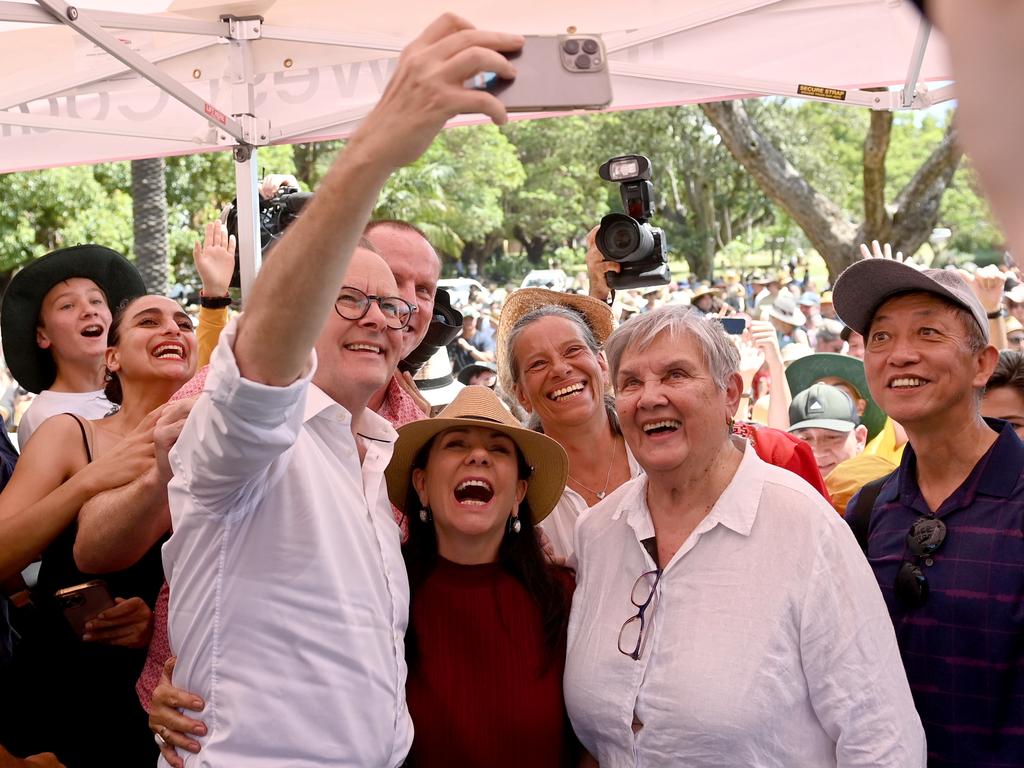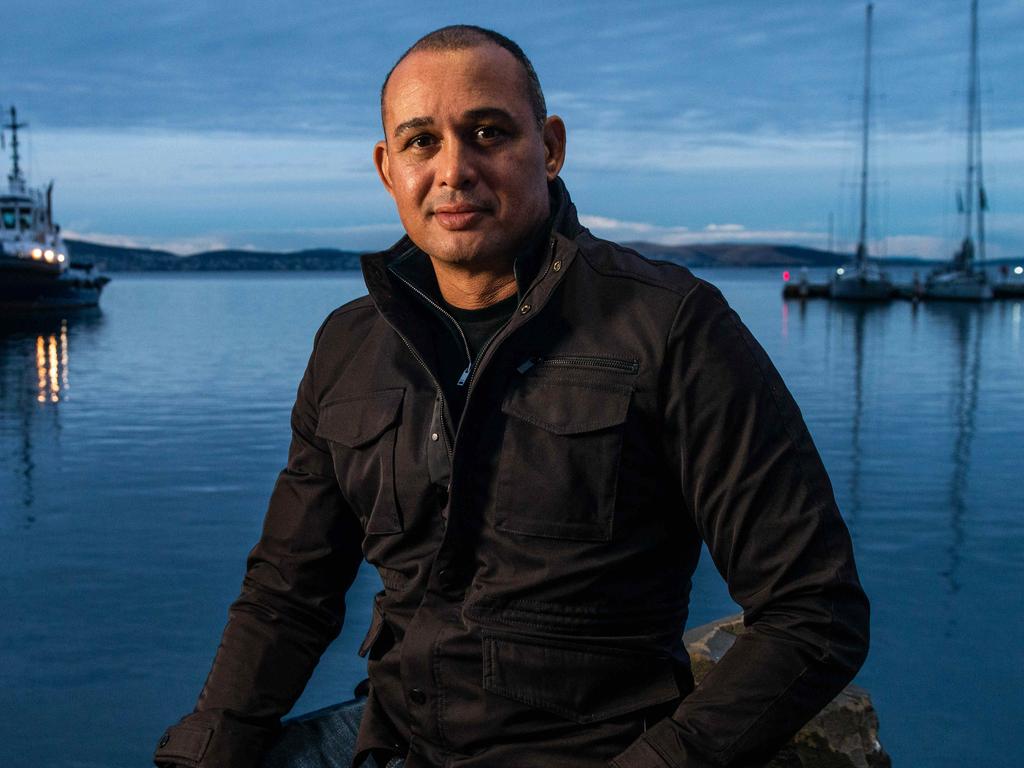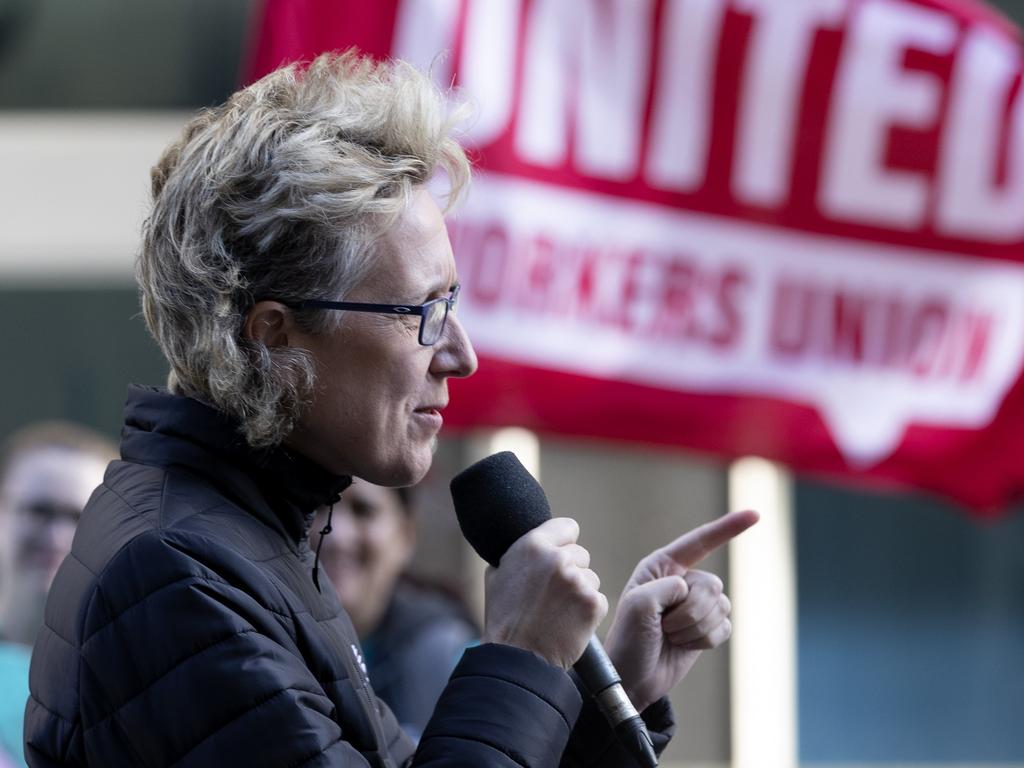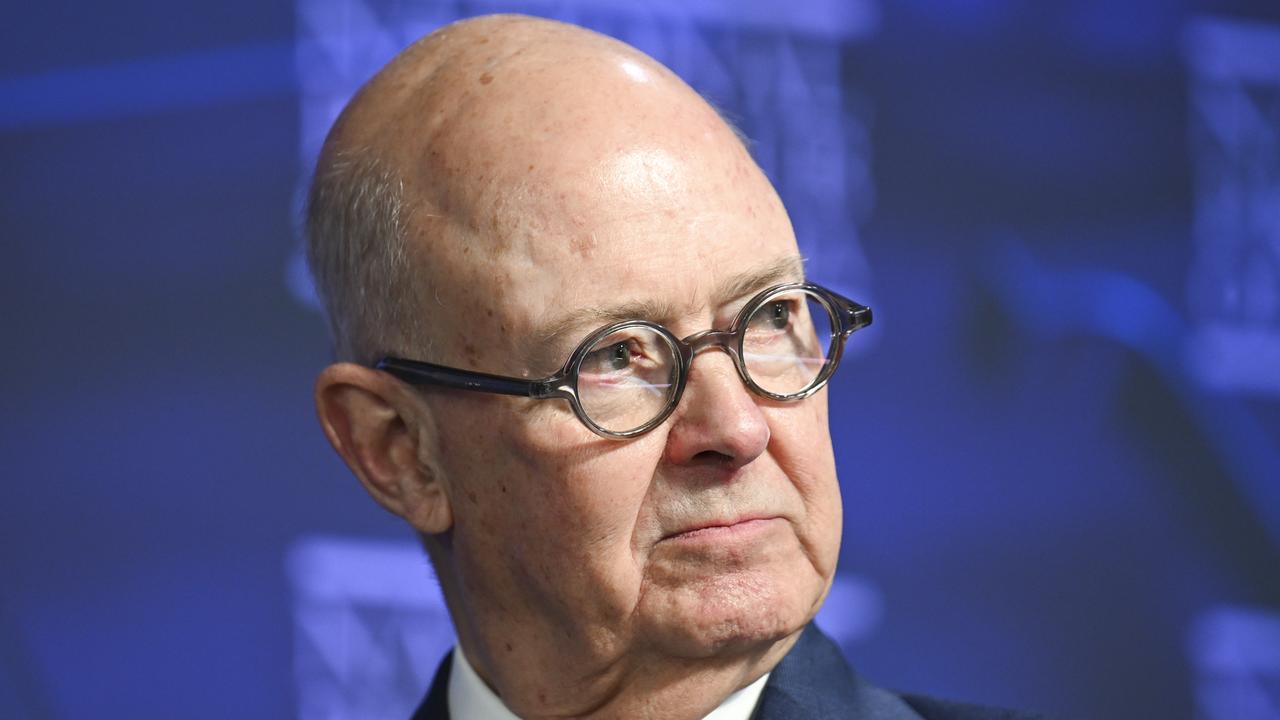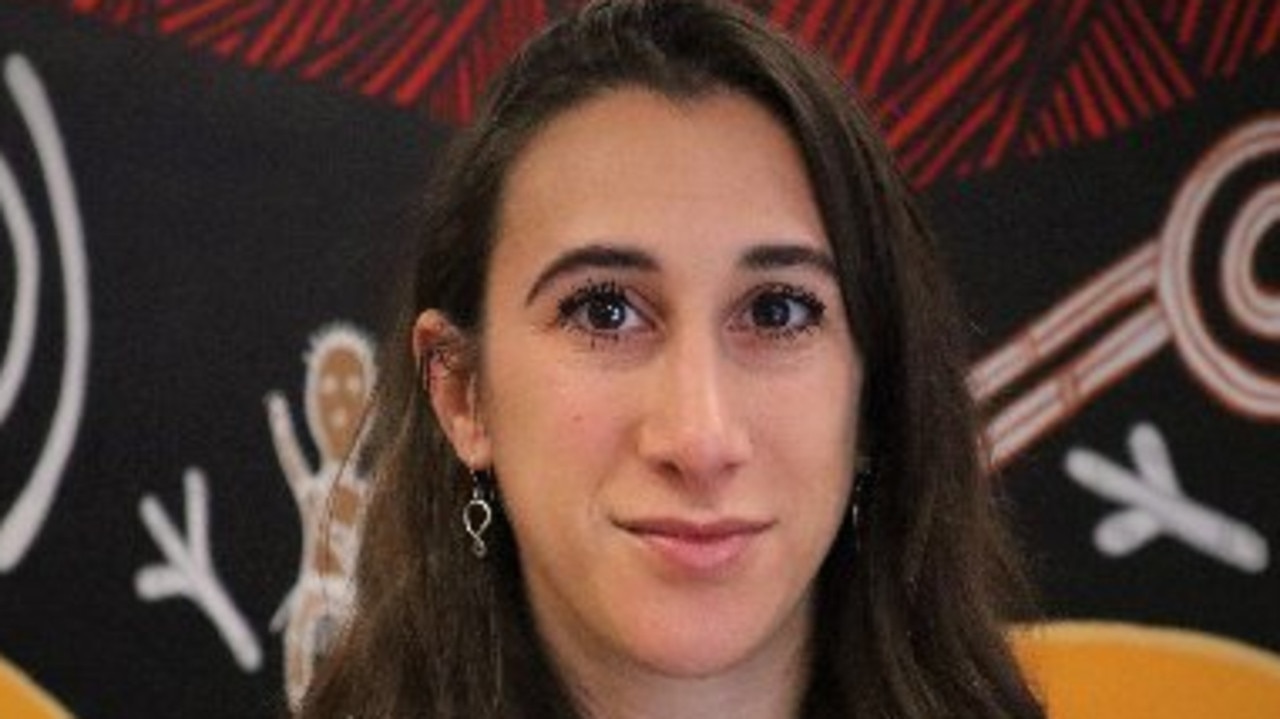Time for the Indigenous voice to parliament: Western Desert people should not have to struggle to be heard
Martu leaders say no Indigenous people should have to struggle as hard as their people have, and have a keen eye on the likely structure of the voice.
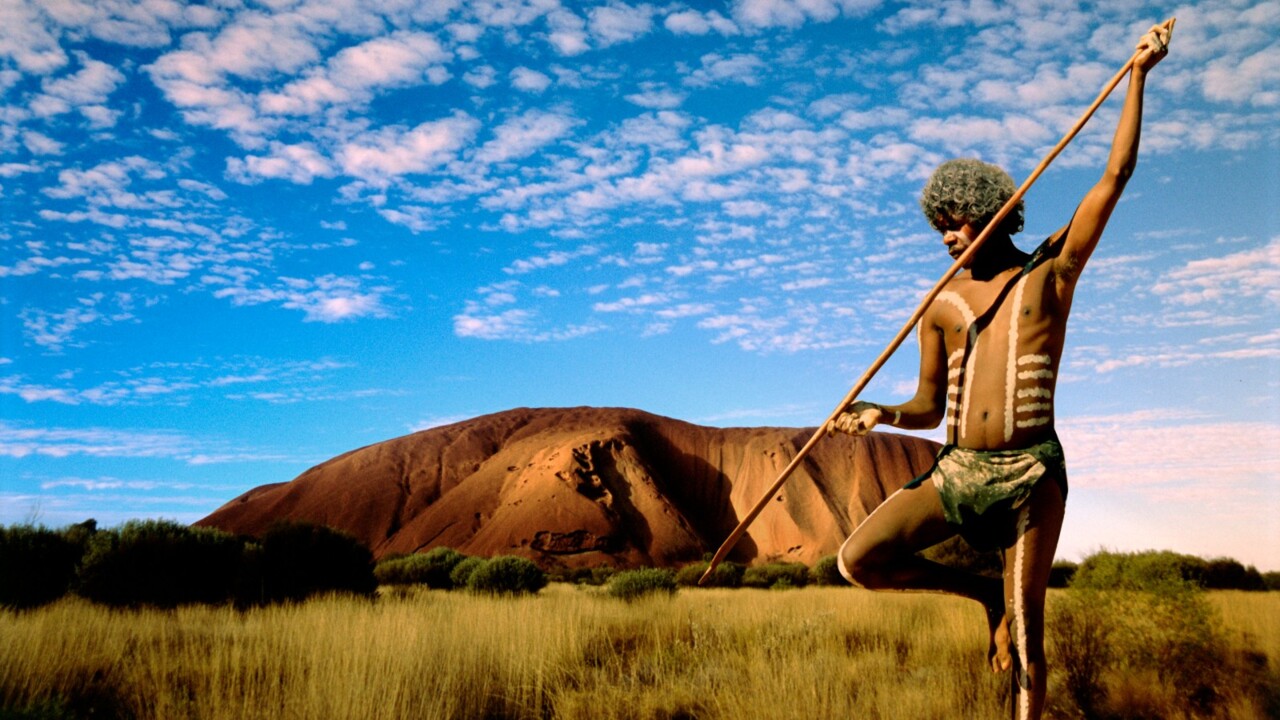
Two generations ago Sir Charles Court shocked the people of the Western Desert by turning their home into one of Australia’s largest national parks. The Martu had always believed the land was theirs to look after, but their own government did not see it that way. Years later, part of what is now Karlamilyi National Park was excised by Court’s son, then WA premier Richard Court, for a uranium mine. The Martu say they were not consulted about that either. Back then the Martu had no obvious recourse. Ironically, mining has helped them become advocates for themselves.
An exploration boom in search of copper and gold across the Martu’s traditional lands deep in the Western Desert have allowed them to build Jamukurnu-Yapalikurnu Aboriginal Corporation, with its own lawyers and heritage teams led by chief executive Tony McRae, a former minister in the Carpenter Labor government.
McRae understands bureaucracy and the machinery of government. He reports to a Martu chairman, Simon Frank, and a Martu-led board with independent directors – Tom Stephens, a former Labor minister who is a familiar face to the WA cabinet and Raelene Webb SC, the former president of the National Native Title Tribunal.
This week, 46 years after the Martu lost the precious lands they call Karlamilyi and Walla Walla, they are on the cusp of regaining control. The national park still will exist, but the Martu are edging towards an agreement to manage it jointly with the WA Labor government. Martu have waited a long time but now sense some justice is close at hand.
A deal with the state government will create jobs for Martu and complete their fight to have all of their lands recognised as legally theirs. They see the meetings this week in Perth with new WA Labor Premier Roger Cook and his ministers as the beginning of the end of this battle.
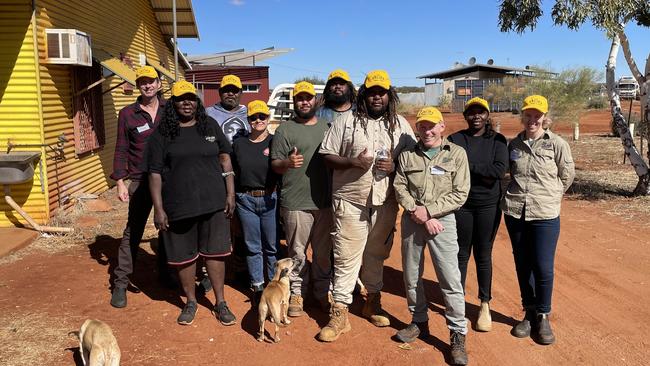
Martu leaders wanted to record their meetings and stood shoulder to shoulder with the Premier and ministers, asking everyone to say “Yes!” to the camera. The Yes was for the referendum for an Indigenous voice to parliament.
After months of discussion in the board and among families, these senior Martu have agreed to back the referendum for an Indigenous voice in the Constitution. They have begun to speak publicly about why. Frank believes no Indigenous people should have to struggle as hard or for as long as his people have to be heard. He believes there needs to be an agreed way for Indigenous people to tell governments what they want even if they cannot afford lawyers and do not have a well-organised prescribed body corporate. Frank believes the voice is it. It would make listening to Aboriginal communities normal, not the exception.
“We are asking all Australians to support a Yes vote,” Frank says. “We want people from the Western Desert and all Indigenous people in remote parts of Australia to be able to have a say about government policies that affect us.
“There should be no decisions being made about us without us being involved.”
Martu have a keen eye on the likely structure of the voice. They know what is in the 2021 proposal by Indigenous professors Marcia Langton and Tom Calma and they like that remote residents would get extra representation. The Calma-Langton report sets out how a cultural group such as the Martu would work with their state government through one of the 35 local and regional voices that sit under the national voice.
This is important for Martu because the matters that affect them are not all federal laws and policies. For example, housing in the Martu communities of Punmu, Parnngurr and Kunawarritji was jointly funded by the state and federal governments until 2018. When the federal government walked away from its remote housing agreements with the states five years ago, responsibility fell entirely to the WA government. The housing shortfall in the Western Desert, and the condition of the homes that do exist, is an issue the Martu are jointly addressing with the Cook government. They appear to have found a way to cut through.
Indigenous entrepreneur Nyunggai Warren Mundine says governments all over Australia are already listening to groups such as the Martu. He is adamant an Indigenous voice to parliament is not necessary but education and economic development in remote Australia are.
“You can’t magically fix things without having an economy,” Mundine tells Inquirer. “We need to make it possible for the private sector to invest and create jobs in remote communities.”
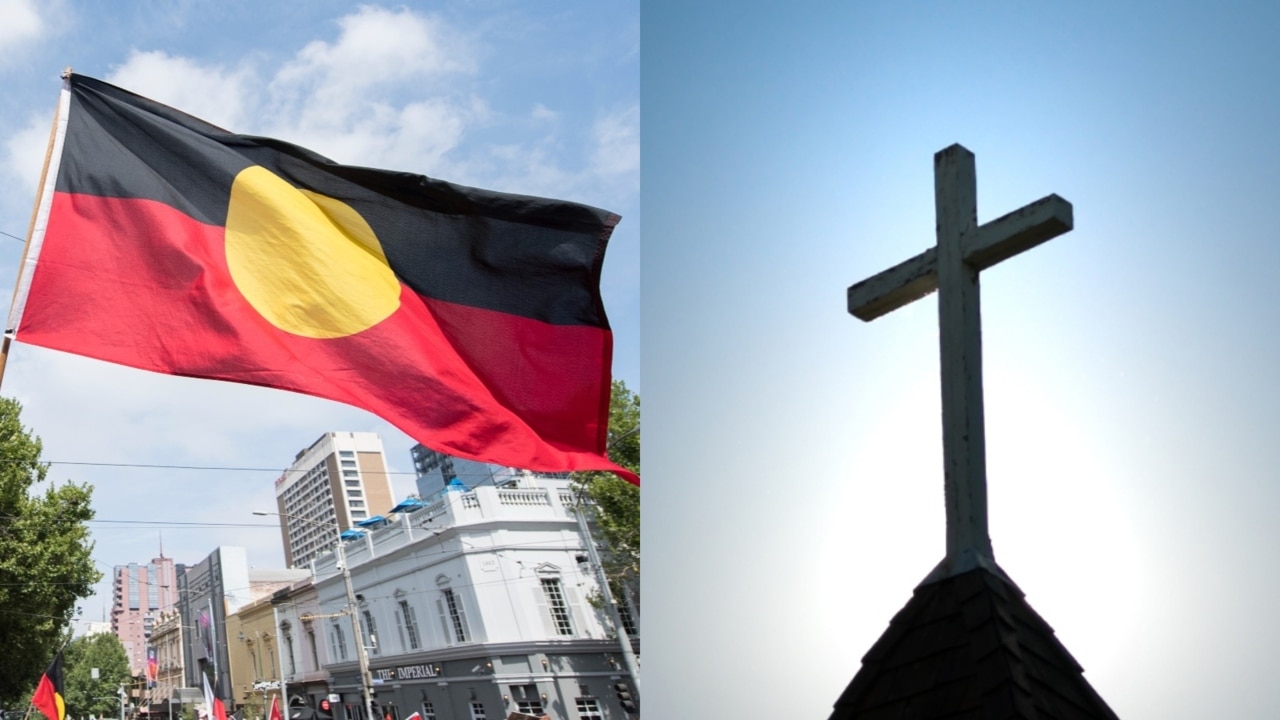
Across the WA border in the Northern Territory, the Central Land Council has been documenting well-meaning but ineffective government policies. That land council, comprising 90 men and women elected by their communities, has three priorities for the voice. It says it would ask the voice to advise government that higher prices on sugary drinks and foods are necessary to deal with a diabetes epidemic in central Australia. It wants the voice to advocate for Aboriginal-controlled remote housing in central Australia, putting the onus on communities to build, maintain and manage dwellings. It also wants the voice to be closely involved in a reformed work-for-the-dole scheme.
“Government policy shifts in recent decades have contributed to the decline in remote employment opportunities, including nationally, the abolition of the Community Development Employment Program that had provided local jobs and capital for local infrastructure,” Central Land Council policy manager Josie Douglas says. “While CDEP could have been improved, its replacement, CDP, is an expensive, failed program. It has not narrowed the remote employment gap and the punitive policy framework has hurt our communities.”
The latest data from Closing the Gap published in June supports Douglas’s claim that federal jobs policy is failing in remote areas. The national agreement signed by all governments and a coalition of Indigenous organisations in 2020 states that by 2031 62 per cent of Indigenous adults aged 25 to 64 will be employed. That target is on track to be met everywhere except in very remote Australia, where the Central Land Council’s members live. In very remote communities, only 35 per cent of Indigenous people aged 25 to 64 are employed.
“We would want the voice to provide advice on CDP reform, especially since there does not appear to be the level of co-ordination between the National Indigenous Australians Agency, the Department of Employment and Workplace Relations, the Department of Social Services, and with the Treasury Employment Taskforce that should be expected for a reform of this scale,” Douglas says.
“Though well-intentioned, the approach to reform has been disjointed. Some of the public servants we’re dealing with on CDP reform have very limited understanding of remote communities, having only visited a couple of them and, not for long.”
The Central Land Council is not a small organisation yet it has struggled to sufficiently influence the policies it says are key, including food security. “The massive cost to buy healthy food in remote locations means that people are living on cheap and ultra-processed foods,” Douglas says.
“The voice would provide a stronger level of advocacy directly to parliament.”


